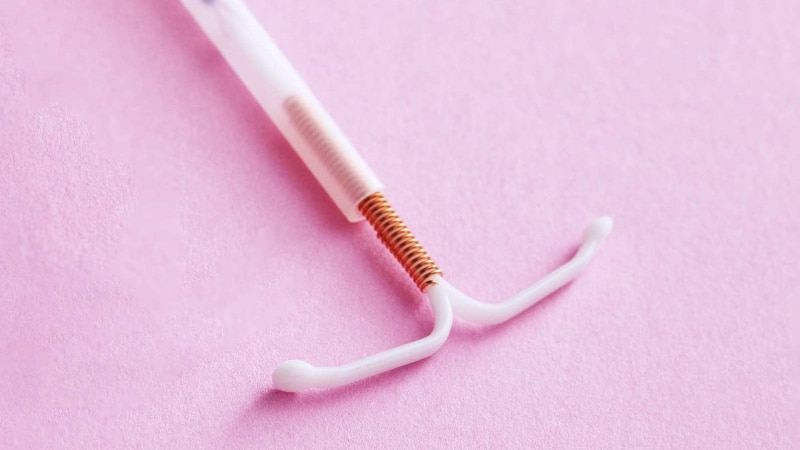When we think of emergency contraceptives, you usually think of the morning-after pill. However, there is another option out there – the IUD. Here’s some useful information you should know before making your choice.
HOW AN IUD WORKS
If you find yourself in a sexual pickle, a copper IntraUterine Device (IUD) can be used for the same purposes at the pill (to prevent pregnancy). The device releases copper into your uterus and tubes, which acts as a spermicide.
THERE ARE TWO BUT JUST ONE WORKS
There are actually two kinds of IUDs – copper (Paragard) or hormonal (Mirena, Kyleena, Liletta, and Skyla). However, for emergencies, ONLY the COPPER ones work. This is because copper will have immediate spermicide effects, while the hormonal ones need time to change your system and therefore won’t prevent possible pregnancies you might have at that moment.
THE PROS
- Copper IUDs are more effective (99.9%) than the pill. You’re as guaranteed as possible to avoid pregnancy. Even if the difference is only a small percentage, it’s still a difference.
- They can be left in for up to ten years, but you can have them removed and there’s little to no downtime to start trying for a baby.
THE CONS
- Possible dizziness.
- It requires a doctor’s prescription.
- Not recommended if you have pelvic inflammation.
- You need to put it in up to three days after unprotected sex, so you need to move quickly.
- Copper IUDs can make periods and cramps heavier. Also, possible spotting between periods.
- It needs to be put in by a doctor, and it can be uncomfortable during and for a while after insertion.
- Possibly expensive depending on budget and insurance.
VERDICT
The copper IUDs require more of a commitment, but they will serve you much longer. If you want to take steps towards avoiding pregnancy, and the side effects of Paragard aren’t your cup of tea, it’s better to look into hormonal IUDs (but not for emergencies). If you don’t like the idea of a procedure, can’t handle the side effects, or don’t have the money, the day after pill is a better choice.
It all comes down to your personal circumstances. But, remember, it’s always good to avoid the risks altogether (through planning and safer sex) than to deal with issues after (although accidents do happen). Make sure to double up on protection = condoms (for STIs and birth control).
Also, if you want more useful articles, you might like these…
- Mirena IUD Rundown – Pros & Cons of This Hormonal Birth Control
- 10 Types of Ancient Birth Control That Will Make Your Vag Scream
- 18 Types of Birth Control – Learn What Options Are Out There
Anyone out there that has tried copper IUDs? Feel like sharing in the comments so others can benefit from your experiences?


